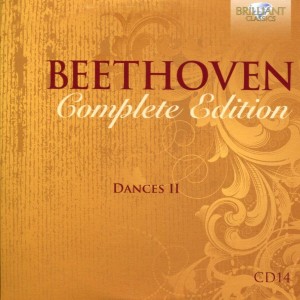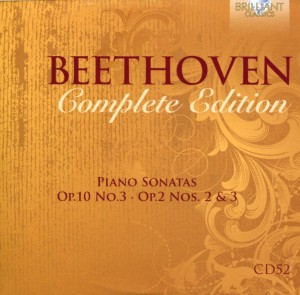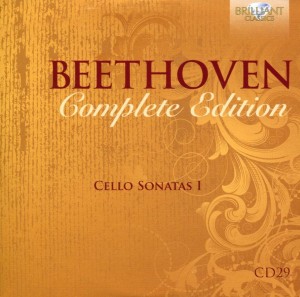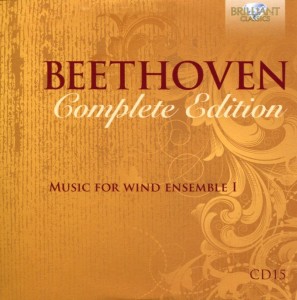 This morning’s CD, like yesterday’s, is filled to the brim with dance music.
This morning’s CD, like yesterday’s, is filled to the brim with dance music.
Forty-six tracks of it, to be precise.
More menuets than I can shake a stick at.
Which wouldn’t phase them a bit, anyway.
Menuets are tough.
Today’s music sounds different, however, from what I heard yesterday. Not as dance-like. More complex. More like full orchestras playing very, very short pieces of music.
Here are the performers and orchestras on this CD:
Kammerorchester der Staatskapelle Weimar
Friedemann Batzel conductor
(tracks 1-12)
Capella Istropolitana
Ewald Donhoffer conductor
(tracks 13-19)
Sachiko Kobayashi violin (track 20)
Michael Wagner piano (track 20)
Rainer Maria Klaas piano (tracks 21-46)
Because of the wide variety of selections on Beethoven CD 14, it’s hard for me to know how old Beethoven was when these were composed. Plus, they’re all designated Wo0, meaning Works Without Opus number (Works without Opus). That indicates they were scraps of music gathered together at some point, more less authenticated as being Beethoven’s, and given a special type of cataloging number to tell them apart.
There are eight different Wo0 catalog numbers on today’s CD:
Wo07
Wo024
Wo010
Wo042
Wo083
Wo023
Wo011
Wo013
Of those, only one has a date assigned to it, according to the Wiki list of the complete works of Beethoven: Wo042, which is given the date of 1796.
If that is correct, then Beethoven was 26.
I have no idea how old he was for the rest of these.
If you’re interested in knowing how authentic some of these pieces are, scan the listing on Wikipedia. Some are considered “spurious” and/or composed by Beethoven’s brother, Carl.
 Piano Sonata No. 7 in D Op. 10 No. 3 starts off with a bang – Movement I carries the tempo “Presto” – and never lets up.
Piano Sonata No. 7 in D Op. 10 No. 3 starts off with a bang – Movement I carries the tempo “Presto” – and never lets up.


